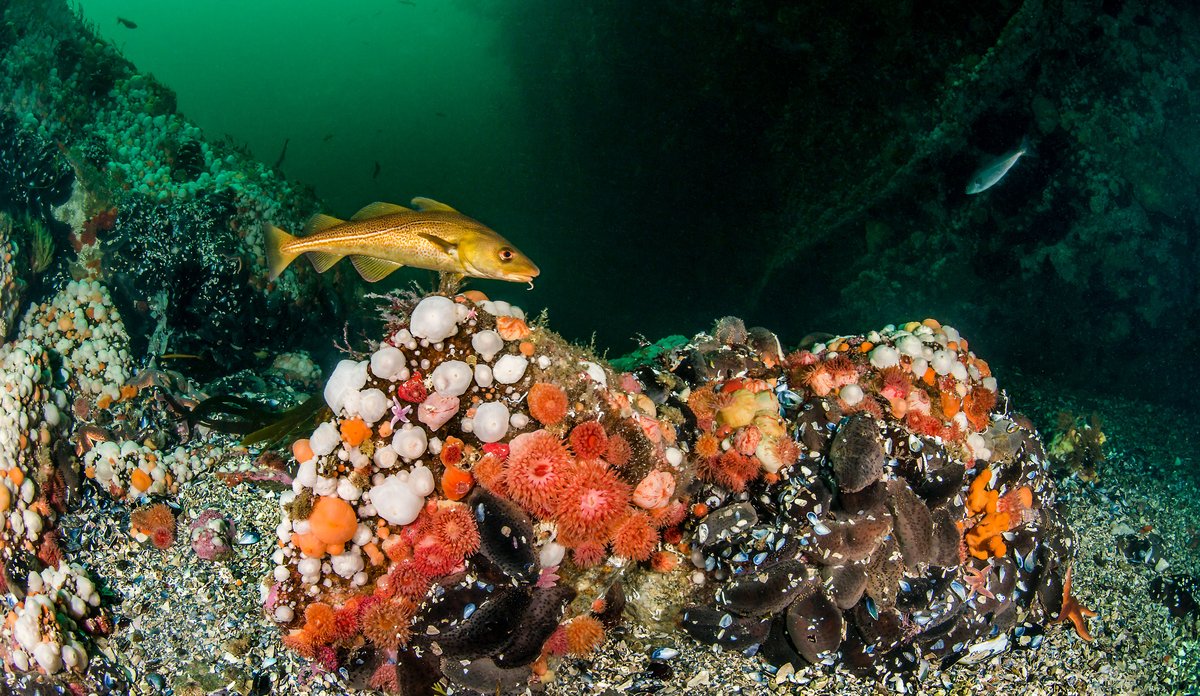Science and Capacity Building on Chemicals, Waste and Pollution Prevention

| Date | 11. June 2024 14:00 - 17:00 |
|---|---|
| Location | Online |
| Web page | Please register here |
Introduction
- Dr. Michael S. Bank, Institute of Marine Research, Norway (Science & Capacity Building, the UN Panel, & the Triple Planetary Crisis)
Main program
- Dr. Michael S. Bank, Institute of Marine Research, Norway (Complex Ocean Systems & Chemical Pollution)
- Dr. Marc Metian, International Atomic Energy Agency, Monaco (IAEA Science & Capacity Building Program)
- Dr. Miriam Diamond, University of Toronto, Canada (Emerging & Legacy Contaminants)
- Dr. Milena Horvat, Jožef Stefan Institute, Slovenia (Human Biomonitoring & Chemical Pollution)
- Dr. Lynwill Martin, South African Weather Service, South Africa (Capacity Building Needs in the Global South)
- Dr. Zoyne Pedrero & Dr. David Amouroux, CNRS / Univ. of Pau, France (Stable Isotopes & Chemical Pollution)
- Dr. Denise Mitrano, ETH-Zurich, Switzerland (Microplastics in the Environment)
- Dr. Chrisitan Sonne, Aarhus University, Denmark (AMAP - Arctic Contaminants Biomonitoring)
- Dr. Esther Garrido Gamarro, UN FAO, Italy (Aquatic Food Systems & Chemical Pollution)
Synthesis
- Panel Discussion, Q&A, & Perspectives
A new intergovernmental science–policy panel on chemicals, waste, and pollution prevention is being established with the goal of protecting the environment and human health. The new panel brings together policy advisors, decision makers, scientists, and end users to accelerate communication and efforts to address these issues at an international and global scale. After a period of discussions and negotiations on its scope and function, the details of the new science-policy panel are currently being finalized. The new panel strives to address the triple planetary crisis (3PC) of climate change, biodiversity, and chemical pollution using Earth System based sustainability assessments and more coordinated environmental governance strategies.
This webinar will be held ahead of the ad hoc open-ended working group for a science-policy panel conference (OEWG-3.0), being held in Geneva, Switzerland, from 17–21 June 2024. The focus of this webinar will be to bring together scientists, policymakers, and program officers from the United Nations to discuss the nexus of science, policy, and action, with an emphasis on chemical pollution and waste prioritization, relevant and novel scientific findings, and discussions on existing capacity building efforts, the 3PC, and the relevant UN sustainable development goals.
The webinar is free of cost and will be designed for political representatives, scientists, end users, and resource managers and will be informed by a small number of contaminant scientists and policymakers who will provide an overview of the current global state of science, biomonitoring, and capacity building in the context of the most pressing chemical pollution and waste issues.
The workshop will be held online on 11 June 2024. Please register as the event is free.
The workshop is co-sponsored by Norway’s Institute of Marine Research, Aarhus University, Denmark & AMAP, University of Massachusetts Amherst, USA, European Horizon 2020 MERFISH Program, and in cooperation with the International Atomic Energy Agency (IAEA).
Thank you for your interest. Feel free to send questions to the workshop chairperson, Dr. Michael S. Bank – Michael.Bank@hi.no
Published: 18.04.2024
